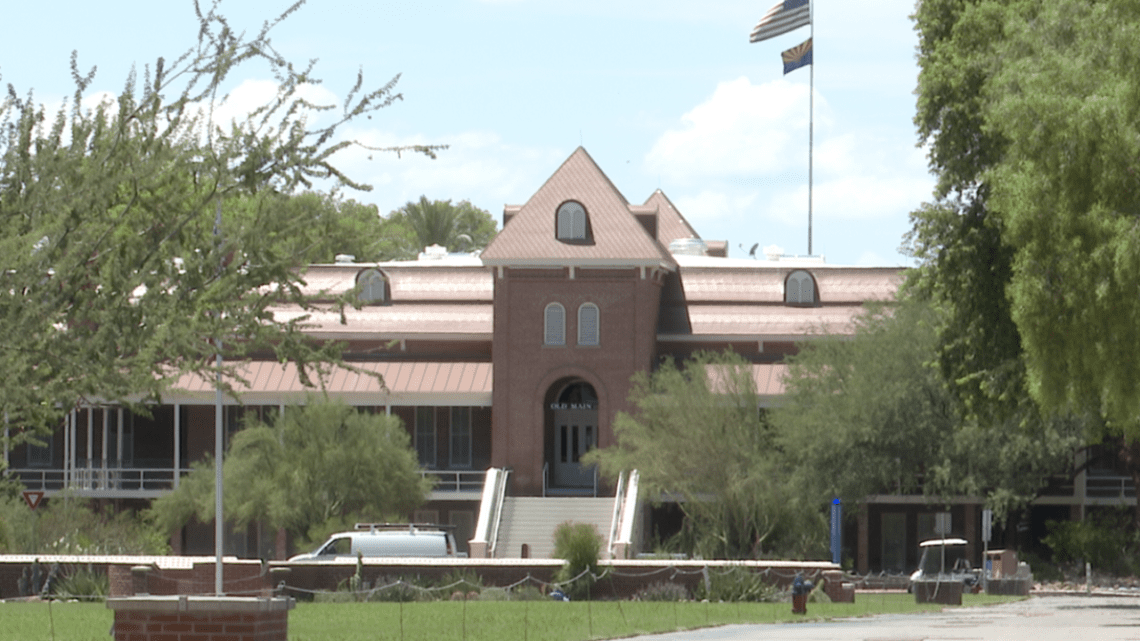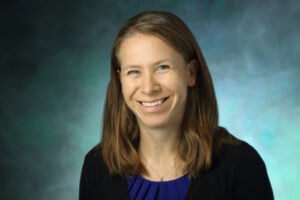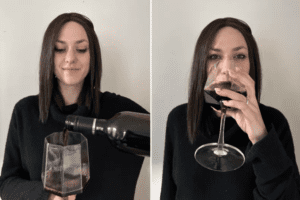Epidemiologists want to invite neighbors into national study and look for data from underrepresented communities
Article by Jose Zozaya. Originally featured in KGUN9.

TUCSON, Ariz. (KGUN) — On the University of Arizona campus in Midtown, a team of public health researchers wants to meet neighbors who can help the scientists discover the best ways to keep people vital and happy as we age.
To learn more, Good Morning Tucson talked to two professors who also happen to be study investigators with the national Precision Aging Network (PAN).
Dr. Zhao Chen, an epidemiologist, is also an associate dean for research at the UA’s Zuckerman College of Public Health.
Chen’s work as an investigator is helping PAN create a way to precisely predict a patient’s brain health risks. Based off that research, Chen said PAN can assist doctors in crafting a personalized plan, so people can keep their cognitive abilities sharp in older age.
PAN’s work started in 2021, when the National Institutes of Health (NIH) and the National Institute on Aging awarded them and UA $60 million in grants for research.
Right now, PAN is trying to recruit study participants to fill information in an online platform called MindCrowd. Chen said researchers are looking for Hispanic, Native American and Black adults age 18 and up who are willing to share their information.
Chen said as much as genetics play a role in a person’s brain health, scientists also recognize that public policy can significantly affect support systems in our community, and to a greater degree, historically marginalized groups of people; and Chen added brain health and aging is not just a concern for older men and women.
“If aging is not your problem yet, it will be,” she said. It’s crucial, Chen said, for older friends and family to socialize by reading, eating and exercising together.
“Create a supportive environment that also allow individuals to choose the things they like to do and fully develop their interest that maintains the meaning of life. We always say, we’re not just working on adding years to your life, but we want to add a life to your years.”
Heading into the weekend, UA’s PAN team is preparing to host this year’s Feast for Your Brain.
Saturday, Chen said, researchers on the cutting edge of brain science will share their work and best advice with people old and young.
Dr. Tomas Nuño is an epidemiologist and assistant professor at UA who’s helping PAN in their research. Nuño is heavily involved in recruiting students to healthcare careers that cater to aging populations.
Nuño and Chen said they both agree that young people, from middle schoolers to burgeoning graduates, have a vested interest in not just helping their grandparents and mentors, but setting themselves up for a long and healthy life through individual decisions and public policy support.
“Students definitely have an investment in that,” Nuño said, “and that (makes) a difference in terms of the future and also how they how they relate with their older family members.”
Nuño also said that speakers invited to Feast for Your Brain are prepared to answer questions in both English and Spanish during separate presentations.
The event goes from 10 a.m. to 3 p.m. Saturday Sept. 23 at the Health Sciences Innovation Building on East Drachman Street.







